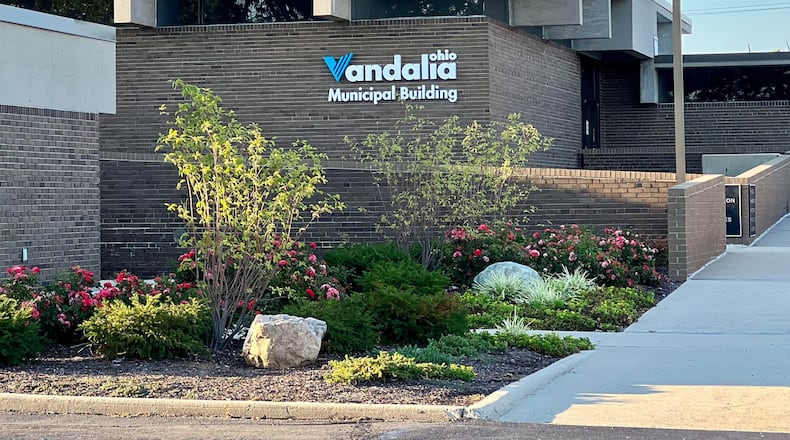Using petition forms provided by the city of Vandalia, the resident group collected a total of 797 signatures, 683 of which were initially found to be valid by the Board of Elections in April — in excess of the 547 total votes required to get the issue on the ballot.
But the petition forms the city provided contained critical errors, including the omission of mandatory legal statements to which the petition’s circulator must agree, as required by Ohio election law.
The referendum petition forms used by the committee did not include the full, required circulator’s certification against election falsification under the penalty of law, including an attestation that all signers were qualified to sign the petition to the best of the circulator’s knowledge.
Rather than ruling the petition invalid altogether, the Board of Elections voted to recommend the city of Vandalia give petitioners another 10 days to re-collect signatures on corrected forms.
However, the city contends the issue is not simply a signature deficiency, but rather a “legal defect in the petition format,” and ruled the petition cannot proceed.
‘Fair and common sense’
Typically, the Montgomery County Board of Elections is involved in city-based referendum petitions only so far as to provide a courtesy check of signature validity and conduct elections under the cities’ respective charters and election law.
However, in this case, BOE Director Jeff Rezabek said the city requested the board also review the sufficiency of the petition itself, which ultimately lead to the board’s vote to recommend the 10-day extension.
Rezabek pushed back on a statement made by the city this week, which claimed BOE officials inaccurately suggested the city is required to provide referendum petition forms.
“I don’t believe anyone said they were required to give out a petition, but rather that if they did, it’s only fair and common sense that you would give out one that is correct so that petitioners could trust the city,” he said.
Vandalia responds
Vandalia city officials said this week that petitioners were provided a petition form as a “courtesy,” and that it was to serve as a “sample petition” to show what is needed to satisfy the city charter.
“The petitioners are not required to get their petition from the city. They are, however, required to format the document in a standard fashion as required by the charter,” city spokesman Rich Hopkins said via email Wednesday. “The petition the city provided was to serve as a guideline to format.”
City officials do not provide legal advice on the preparation or filing of referendums, and the city does not keep up with the latest laws and requirements for referendum petitions from the county or state level, Hopkins said.
“Through every part of this referendum process, we have been as transparent and helpful as we could,” he said. “We gave (petitioners) a sample petition that met the standards set forth in our charter. We also advised the petitioners both verbally and in writing that they should check with their own legal counsel to make sure the petition complies with any applicable election laws.”
‘A disappointment’
Vandalia resident Jeff Hoagland lives near the South Brown School Road project site and assisted with signature collection for the referendum petition.
Hoagland, who serves as president and CEO of the Dayton Development Coalition, spoke with the Dayton Daily News only in his capacity as a resident of Vandalia.
Hoagland said he welcomes housing development in the city, and even on the South Brown School Road property, but he and many others in support of the referendum were in opposition to the project’s proposed density and building materials.
The property in question is north of Little York Road, south of I-70, and east of the Foxfire subdivision. Project plans call for the construction of 167-single family homes on the 85-acre site.
Hoagland said the referendum petition outcome is “a disappointment.”
“To say that it’s on the citizens to make sure that the form they gave to us is correct is very disappointing and is putting it back on the citizens of Vandalia,” he said.
Hoagland also said he disagrees that the provision of the form is a courtesy, as claimed by the city, citing Section 9.3 of the city’s charter.
This section of the city’s charter reads: “All petition papers presented to council relating to either initiative or referendum shall be uniform in size and character, and shall be substantially in the same format as provided by the clerk of council.”
“I know there are things that are up for interpretation, but when I read the phrase, ‘provided by the clerk of council,’ that isn’t a courtesy,” Hoagland said. “Everything in this process is really black and white and we followed it to a T.”
About the Author


